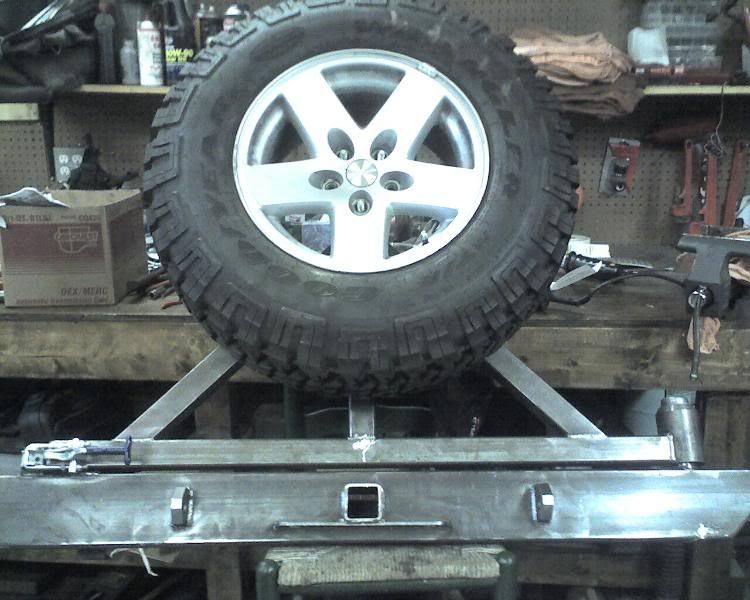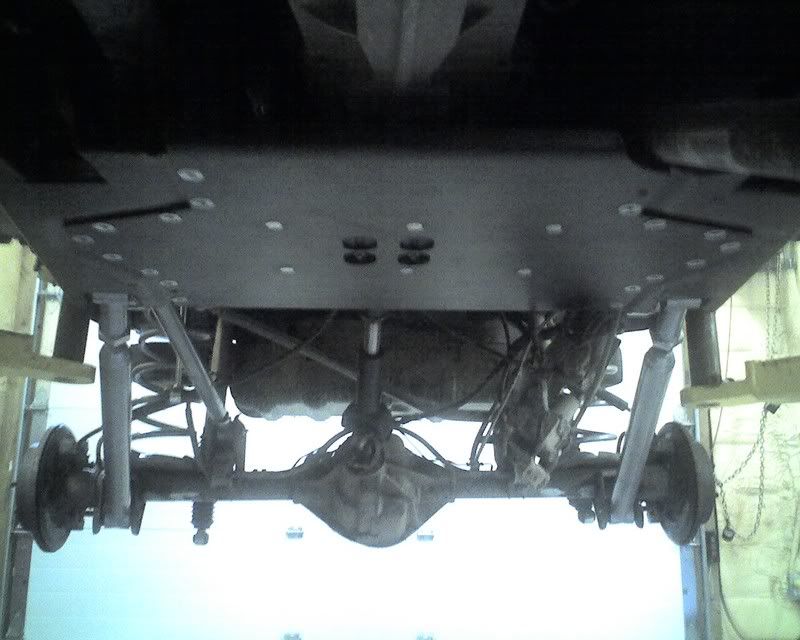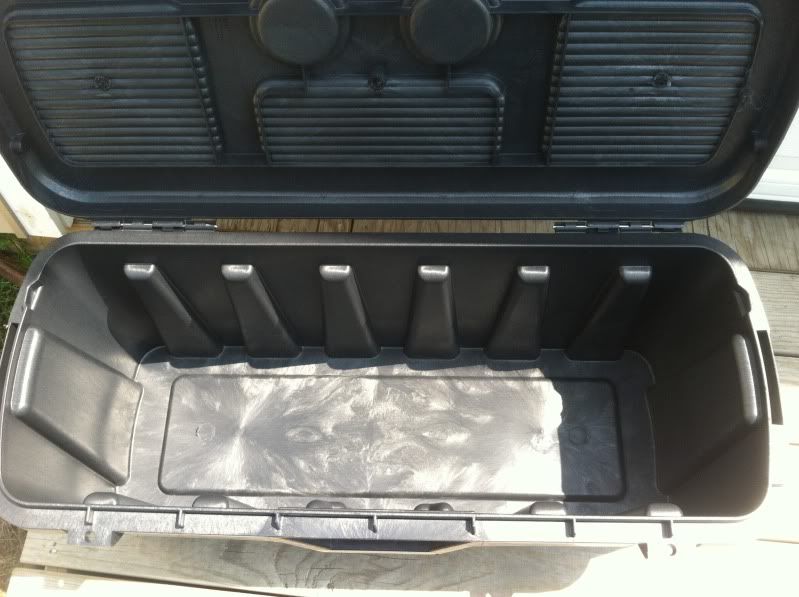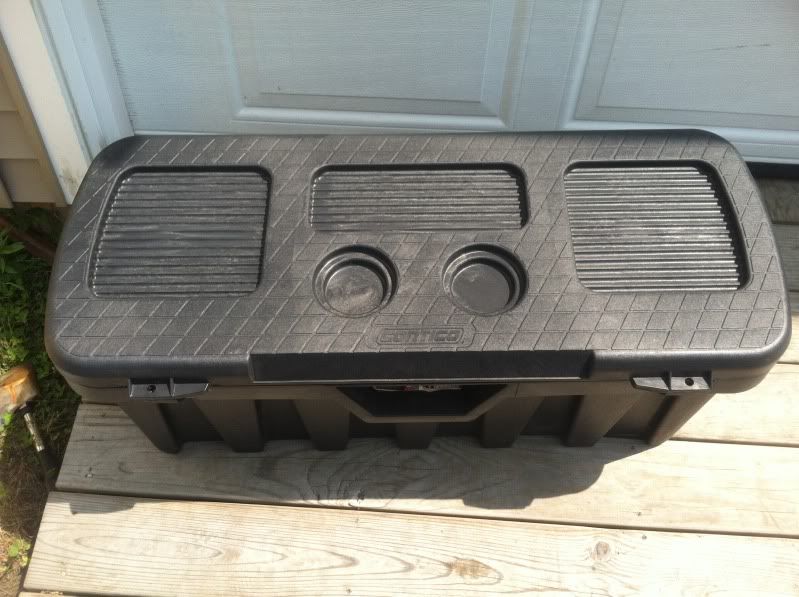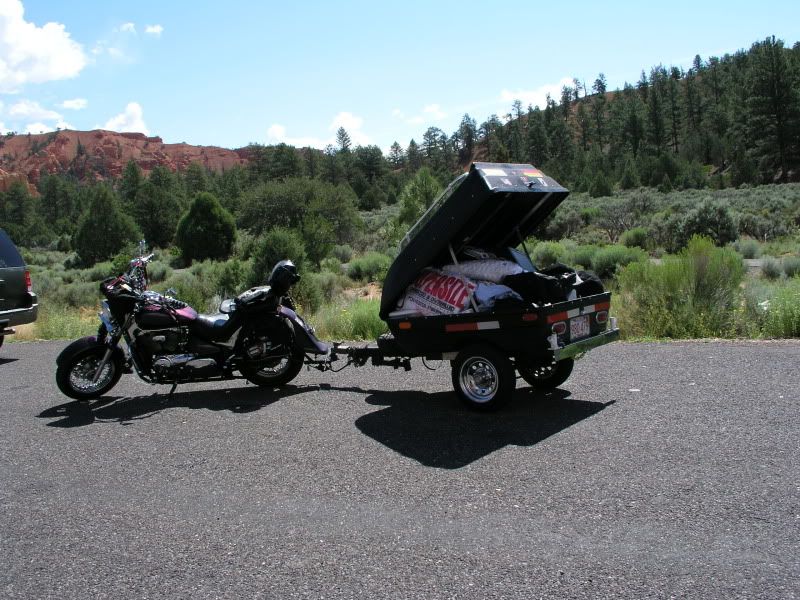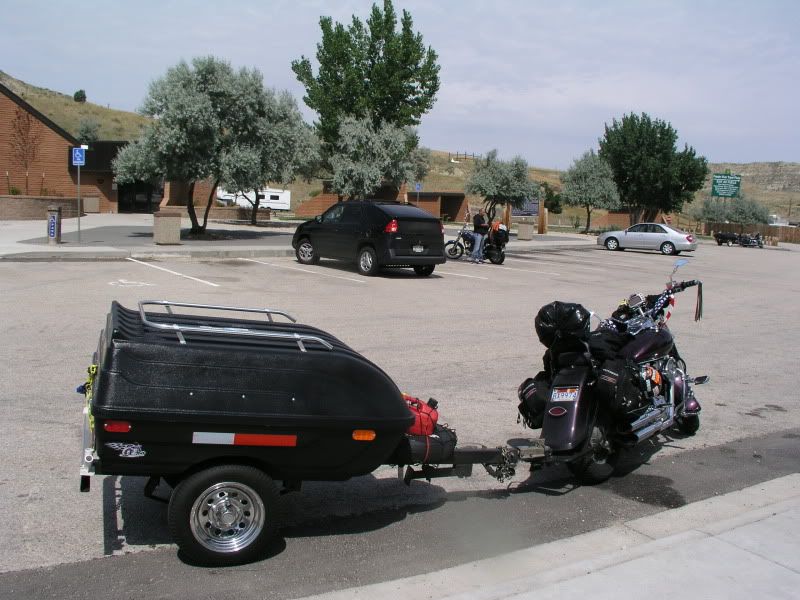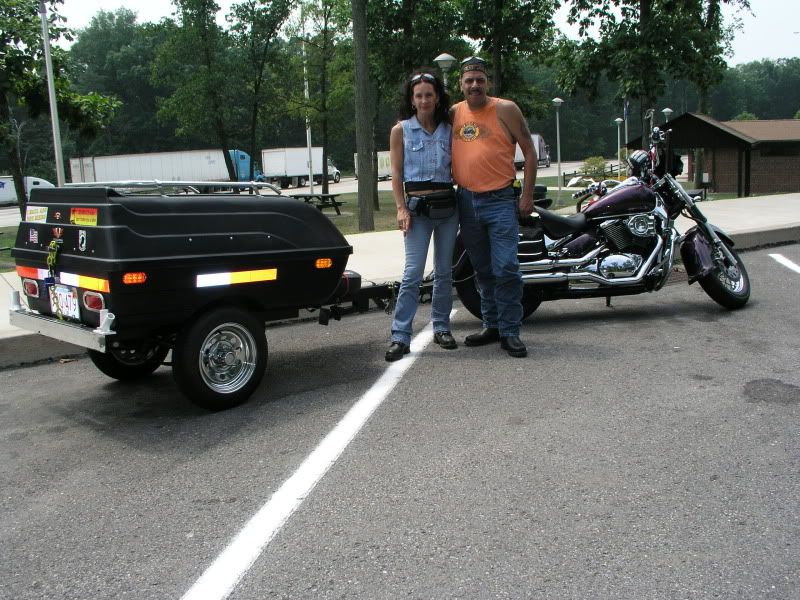mastertek2000
New member
just read this if i am reading this correct tongue weight does not apply to this project
Eve*r*yone should know his or her tongue weight. Don't laugh to*o hard about the way that sou*nds* -- tongue weight is a towing* term, not something t*o do with the human mouth or dentistry. Tongue weight (TW) is just one of the many towing terms you'll need to familiarize yourself with if you ever intend to tow a trailer behind your vehicle. It's the downward force that the tongue of the* trailer applies to the hitch of the tow vehicle. Most experts agree that an acceptable tongue weight for any trailer is somewhere between 9 and 15 percent of the gross trailer weight (GTW). There's good reasoning behind these numbers, too. It all comes down to trailer towing safety.
If the tongue of the trailer does not exert enough downward force on the tow vehicle's hitch ball -- meaning that the trailer's tongue weight is too light -- a dangerous condition called trailer sway could result. If the tongue weight is too heavy, the steering of the tow vehicle will be affected. This makes it sound like tongue weight is a big deal, and it is. But fortunately, tongue weight is also easy to adjust.
Just remember that the trailer acts like a lever, and the axle of the trailer is the fulcrum -- or pivot point -- for the lever. If the tongue is too light, you need to move some of the cargo forward of trailer's axle. If the tongue is too heavy, you need to adjust the load so that more of the weight is behind the trailer's axle. It's just like trying to balance the weight of two kids on a seesaw at the playground. That's easy enough to understand, but other than simply lifting the tongue of the trailer and guessing its weight, how could you ever know how much the trailer's tongue truly weighs? And an even better question may be this: How would you determine if the tongue weight falls within the 9- to 15-percent range of the gross trailer weight? Read the next page to find out how you can do just that.
Print
Cite
Feedback
Eve*r*yone should know his or her tongue weight. Don't laugh to*o hard about the way that sou*nds* -- tongue weight is a towing* term, not something t*o do with the human mouth or dentistry. Tongue weight (TW) is just one of the many towing terms you'll need to familiarize yourself with if you ever intend to tow a trailer behind your vehicle. It's the downward force that the tongue of the* trailer applies to the hitch of the tow vehicle. Most experts agree that an acceptable tongue weight for any trailer is somewhere between 9 and 15 percent of the gross trailer weight (GTW). There's good reasoning behind these numbers, too. It all comes down to trailer towing safety.
If the tongue of the trailer does not exert enough downward force on the tow vehicle's hitch ball -- meaning that the trailer's tongue weight is too light -- a dangerous condition called trailer sway could result. If the tongue weight is too heavy, the steering of the tow vehicle will be affected. This makes it sound like tongue weight is a big deal, and it is. But fortunately, tongue weight is also easy to adjust.
Just remember that the trailer acts like a lever, and the axle of the trailer is the fulcrum -- or pivot point -- for the lever. If the tongue is too light, you need to move some of the cargo forward of trailer's axle. If the tongue is too heavy, you need to adjust the load so that more of the weight is behind the trailer's axle. It's just like trying to balance the weight of two kids on a seesaw at the playground. That's easy enough to understand, but other than simply lifting the tongue of the trailer and guessing its weight, how could you ever know how much the trailer's tongue truly weighs? And an even better question may be this: How would you determine if the tongue weight falls within the 9- to 15-percent range of the gross trailer weight? Read the next page to find out how you can do just that.
Cite
Feedback
Last edited:




